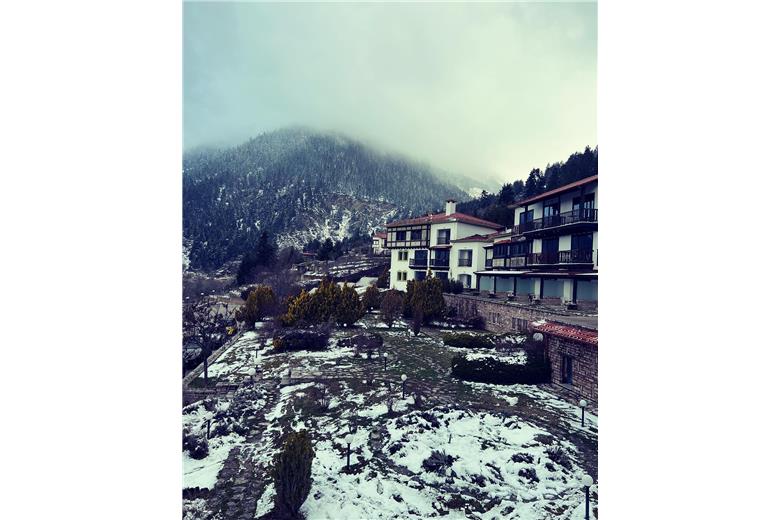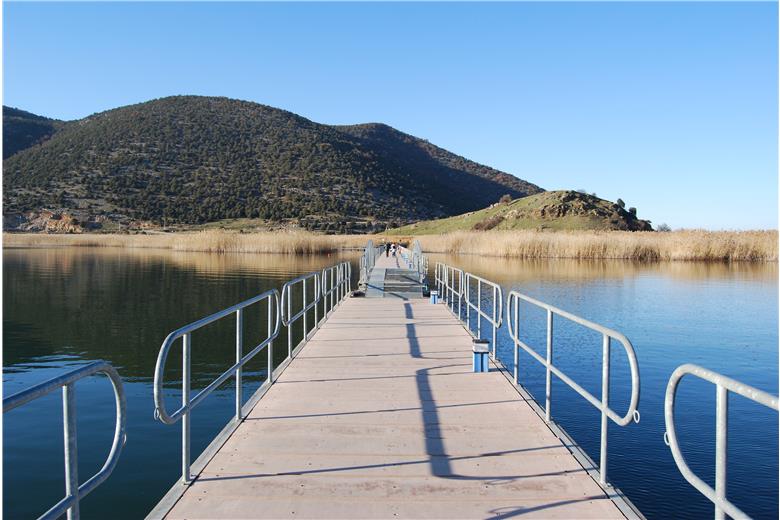Gastroscopy or upper endoscopy is the examination of the esophagus, stomach and the initial part of the small intestine, the duodenum. It is a very common and safe examination done by conscious sedation, i.e. the patient is asleep.
Why do gastroscopy?
Upper endoscopy helps us evaluate symptoms such as gastroesophageal reflux, stomach pain, vomiting, problems with swallowing, persistent burping, diarrhea, anemia, and many more. It is the best test to investigate bleeding from the upper digestive tract. It is also more sensitive than X-ray examination to detect inflammation, ulcers or tumors of the esophagus, stomach and duodenum.
Biopsies can be taken with upper endoscopy. In some circumstances biopsies help us distinguish between benign and malignant conditions. However, biopsy is usually taken for other reasons, such as gastritis or checking for Helicobacter pylori infection.
Preparation for upper endoscopy
The stomach should be empty for at least 2 hours before the gastroscopy. You should not eat anything after midnight before the test. It is generally better to have a light dinner the night before.
Remember to tell your doctor about any medications you may be taking. It is important to know if you are taking aspirin, medicines that affect blood clotting, anti-inflammatory medicines, pain medications, iron or insulin.
If you have diabetes, you may need to reduce the dose of insulin or other diabetes medicines.
What happens during gastroscopy
Gastroscopy is done with conscious sedation (type of anesthesia). You will be asked to turn on your left side. After you sleep, the endoscope will pass gently into the stomach. Your breathing will not be affected. Upper endoscopy usually takes about 10-15 minutes to complete. Most patients report that the endoscopy is a well tolerated procedure.
What happens after the upper endoscopy
- You will stay in the recovery room for some time until you are ready to get dressed and go home
- You may feel a little discomfort in the throat, which usually subsides quickly
- You must have a responsible family member or a friendly person to take you home because you are not allowed to drive immediately after the endoscopy
- Avoid drinking alcoholic drinks or operating machinery for 24 hours after testing
- In most cases, you can return to your regular diet immediately afterwards
What are the possible complications of gastroscopy?
Complications are rare. Bleeding may occur from a biopsy site or a polypectomy site. It is usually mild and stops spontaneously. Perforation is another very rare complication. Rarely patients may have some reaction to the anesthetic drug or other complications.





